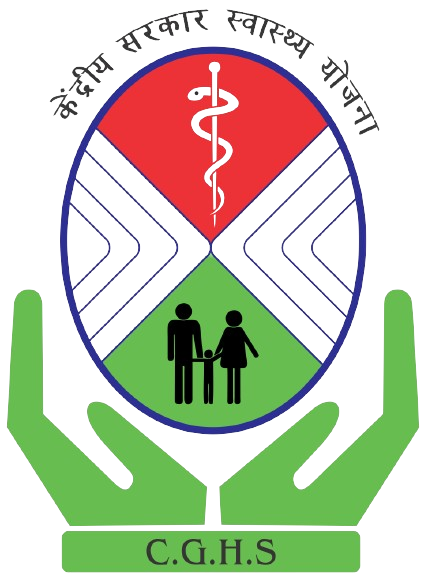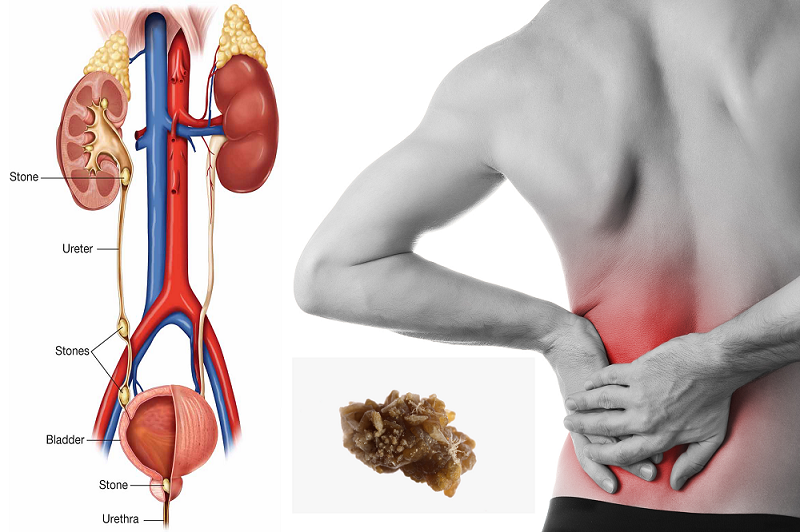Who is at risk for kidney stones?
Anyone may develop a kidney stone, but people with certain diseases and conditions (see below) or those who are taking certain medications are more susceptible to their development. Urinary tract stones are more common in men than in women. Most urinary stones develop in people 20 to 49 years of age, and those who are prone to multiple attacks of kidney stones usually develop their first stones during the second or third decade of life. People who have already had more than one kidney stone are prone to developing further stones.





